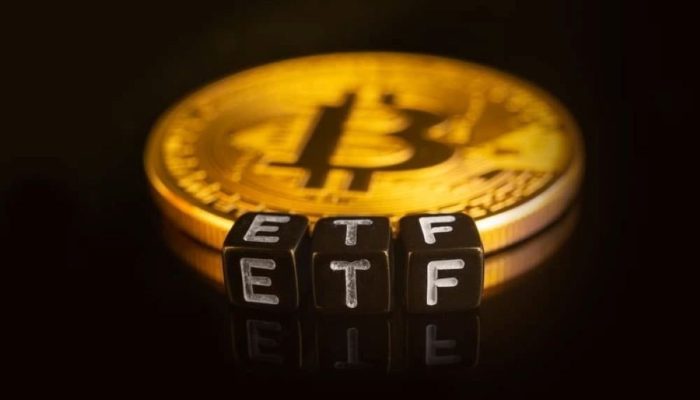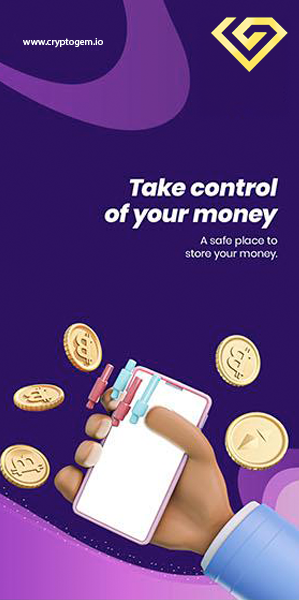South Korean authorities have instructed local crypto exchanges to maintain at least $2.28 million in cryptocurrency reserves as of next month, local media outlet News1 reported. The move is geared toward improving customer protection from high-risk events like hacks.
Crypto Exchanges Can Hold Max $1.5B in Reserves
Cryptocurrency exchanges in South Korea will be required to establish at least 3 billion won ($2.28 million) in reserves held in bank accounts as of September to protect users from potential losses in unwanted events such as hacks and exploits.
Major crypto exchanges in Korea, such as Upbit and Bithumb, are taking steps to reach compliance with the new regulations, as outlined in guidelines published by the Korea Federation of Banks last month.
The guidelines, named “Virtual Asset Real-Name Account Operation Guidelines,” instruct cryptocurrency trading service providers to set aside a minimum of 3 billion won, or 30% of their daily average deposits in reserves to “fulfill their liability for damage to users” in case of risk events.
South Korea’s Crypto Regulation Campaign
The move comes just two months after lawmakers in South Korea adopted a new legislation aimed at enhancing crypto investors’ protection. The legislation, which consists of 19 cryptocurrency bills, also granted the Financial Services Commission and the Bank of Korea the power to oversee crypto operators and asset custodians. In addition, the regulators are also allowed to enforce penalties if these companies engage in unfair trading of crypto assets.
In July, the East Asia nation also revised its accounting standard rules and added new requirements, such as asking registered crypto companies to specify which cryptocurrencies they have held or issued. Moreover, they also must offer insights into their business models and anticipated monetary value.
South Korea ramped up efforts to regulate the nascent cryptocurrency industry following a catastrophic collapse of the Terraform ecosystem that wiped tens of billions of dollars out of the digital currency space. The implosion caused a chain reaction, attracting the attention of global regulators and forcing them to tighten their approach toward the burgeoning sector.
















